Knock Out Roses Won’t Bloom – How To Get Knock Out Roses To Bloom
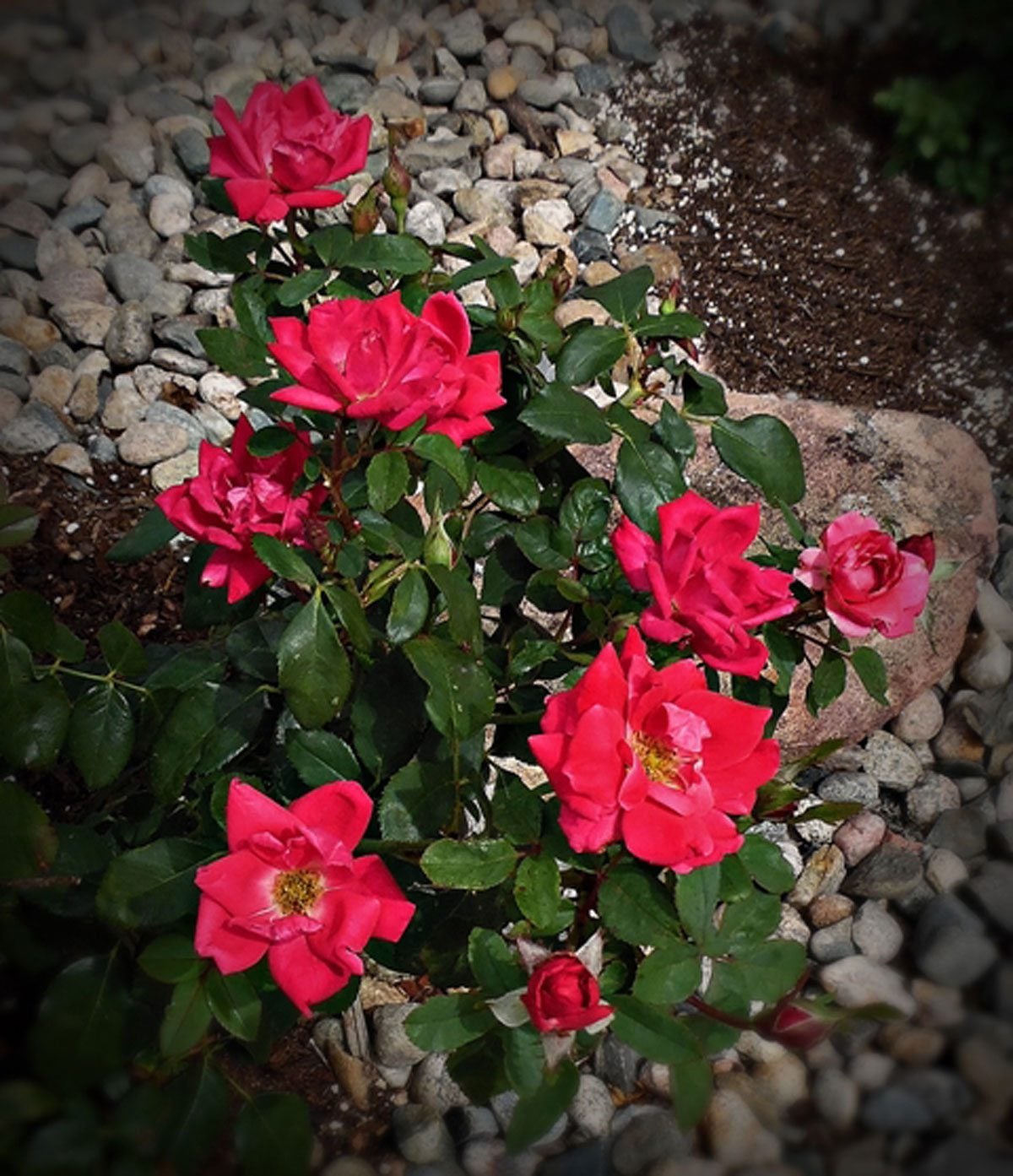

We buy rosebushes typically for the beauty their blooms will add to rose beds, gardens, or landscaped areas. Thus, it is cause for major frustration when they do not bloom. In some cases, roses will form nice big buds or clusters of buds, then seemingly overnight the buds appear to wilt, turn yellow, and fall off. Knock Out rosebushes are no different when it comes to this frustration. There are several reasons why these roses may not bloom, so let’s take a look at some of them.
Why are Knock Outs not Blooming?
Figuring out how to get Knock Out roses to bloom means finding out what’s causing them not to flower in the first place.
Animal pests
Are buds on the roses one day and by the next morning totally gone? Maybe they’re lying on the ground as if cut off, or perhaps missing all together. The culprits here are usually squirrels, deer, or elk. Deer and elk may eat just the buds off first with a small amount of foliage, returning another night to decimate the bush. I am not sure why squirrels will sometimes cut the blooms off, leaving them lying about and not eating them. Perhaps their plan is to come back later for them. The use of a liquid or granular repellent may give some relief but you need to keep on top of applying the products for them to work their best. That said, these repellents can work well for the squirrels, and rabbits too, if they are eating the foliage. Building a fence around the rose bed or garden can help, but many times it must be an electric fence to be very successful, as hungry deer and elk will either jump over the fence or push it down in places.
Insects
Tiny insects, such as thrips, can bore into rosebuds and will cause them to fall off without blooming. To truly get at such insects, one must use a systemic insecticide listed for their control.
Light
If Knock Out roses won’t bloom, they may not be getting enough sunlight. Make sure when planting them that they get six to eight hours of sun. Take a good look at the proposed area for planting at different times of day to see if any trees or buildings shade the area. Some shade where partial sun is available can be a good thing during those hotter days of summer, as it provides some relief from the intense sun and extreme heat.
Fertilizer
Be sure to feed your roses with fertilizers that build the soil or root zone of your Knock Out roses as well as feed the upper parts of the rosebushes. Repeated high nitrogen usage will cause major foliage production with little to no blooms on Knock Out roses. High nitrogen fertilizers can also be the cause of a condition called “Crooked Neck” on roses. The forming bud tilts to one side, sometimes drastically. The bud may open and the bloom crooked and malformed or may not bloom at all.
Water
Along with the proper feeding, make sure your roses are watered well. Lack of water, especially on hot summer days, doubles down on the stress factor the rosebushes must deal with. Stresses and shock will cause Knock Out roses to stop blooming and become more susceptible to fungal or disease attacks.
Gardening tips, videos, info and more delivered right to your inbox!
Sign up for the Gardening Know How newsletter today and receive a free copy of our e-book "How to Grow Delicious Tomatoes".
Disease
Fungi such as black spot, powdery mildew, and rust will stress rosebushes and stop the blooming process even in the formed bud's stage. Spraying roses on a scheduled basis with a fungicide may be in order. There are many no-spray gardens out there that are lovely and perform very well. In the no-spray gardens, one must be very careful to obtain rosebushes that have been proven to be high in disease resistance in varying weather conditions/climatic conditions. In my rose gardens, I have chosen to use a very good earth-friendly commercial fungicide. Using the product at the rate noted on the label will indeed cure any fungal problems. Choosing earth-friendly products to spray for any pest problem as a first choice is best, as harsh chemical sprays can simply add to the overall stress, thus limiting bloom production.
Deadheading
Even though one of the big selling points for Knock Out rosebushes is that they are self-cleaning, trimming off the old, spent blooms “precisely” below the base of the old bloom will encourage bloom production.

Stan V. Griep contributed to Gardening Know How for many years, and has been a Colorado Native Rosarian for over four decades. He is an American Rose Society Certified Consulting Master Rosarian in the Rocky Mountain District, and a member of the Denver Rose Society, the Loveland Rose Society, and the American Rose Society. He is Gardening Know How's in-house expert on all things roses.
-
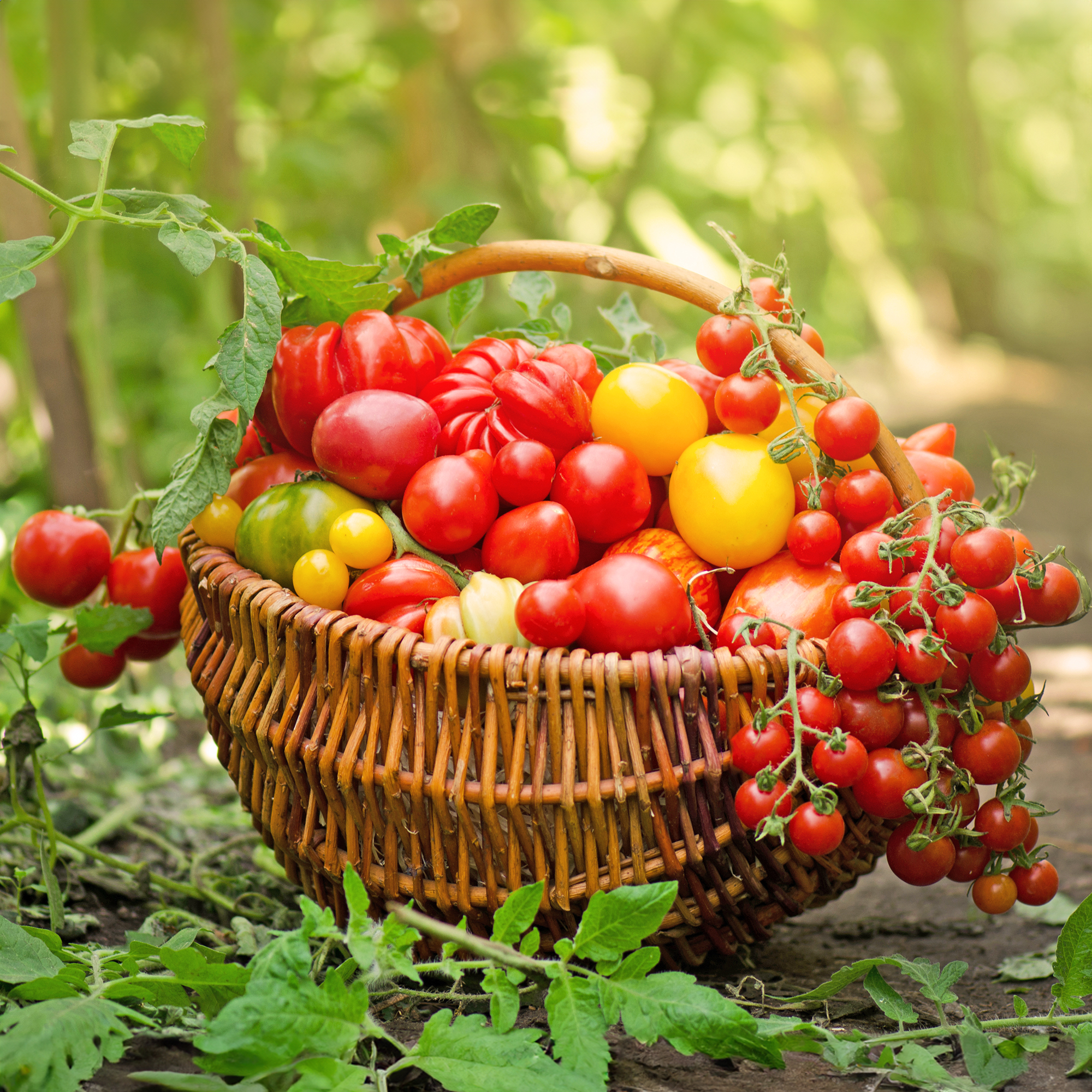 Types Of Tomatoes Explained: Explore The Many Wonderful Shapes, Colors, Flavors, & Best Uses
Types Of Tomatoes Explained: Explore The Many Wonderful Shapes, Colors, Flavors, & Best UsesThe world of tomato varieties is vast and fascinating. Learn about the key types to grow in your garden, tailored to your preferences and space.
By Amy Grant
-
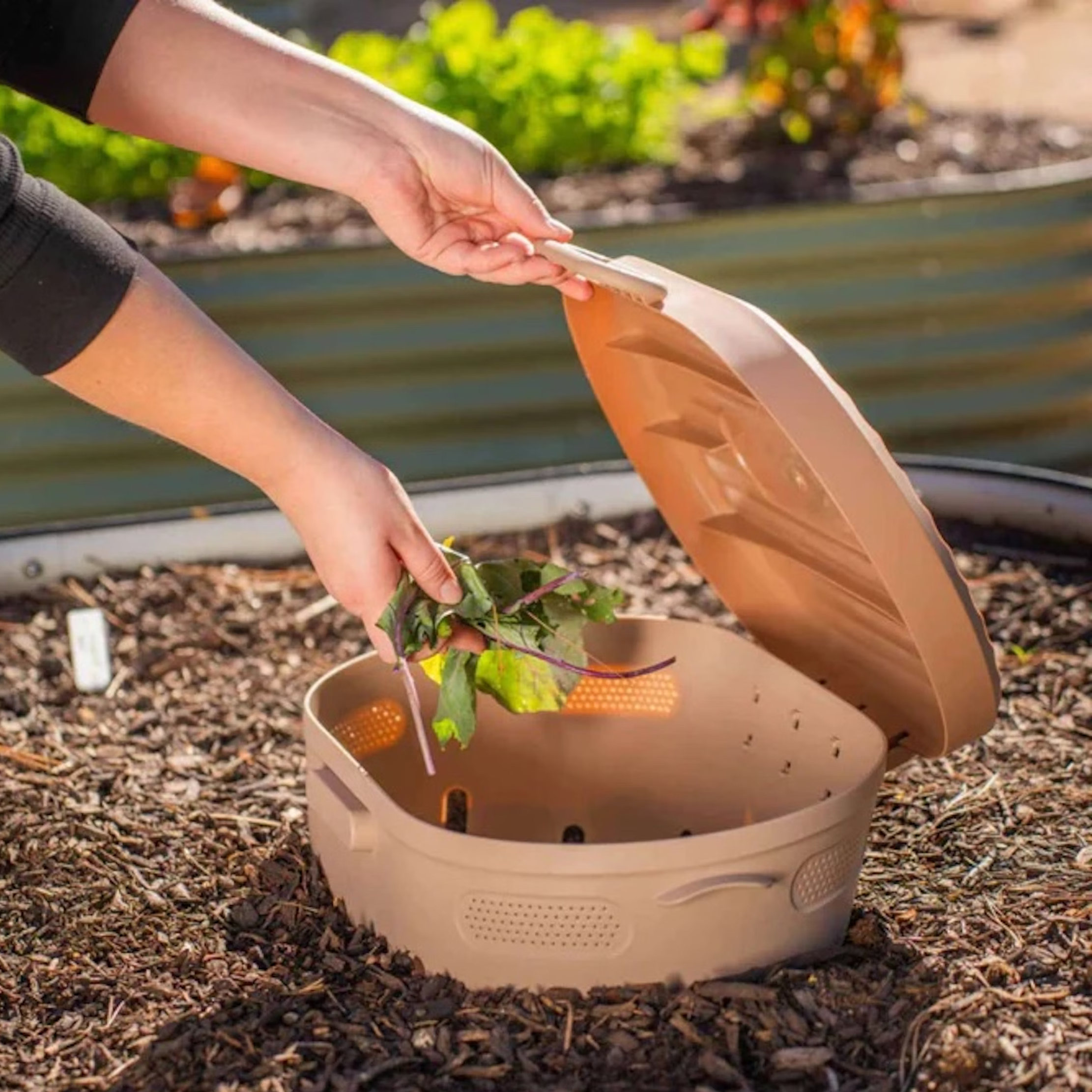 Try The Trend – Turn Any Bed Into A Keyhole Garden With This Clever In-Ground Composter
Try The Trend – Turn Any Bed Into A Keyhole Garden With This Clever In-Ground ComposterKeyhole gardening is an efficient and sustainable practice that saves space. Get started on this DIY project quickly and easily with an in-ground composter.
By Bonnie L. Grant
-
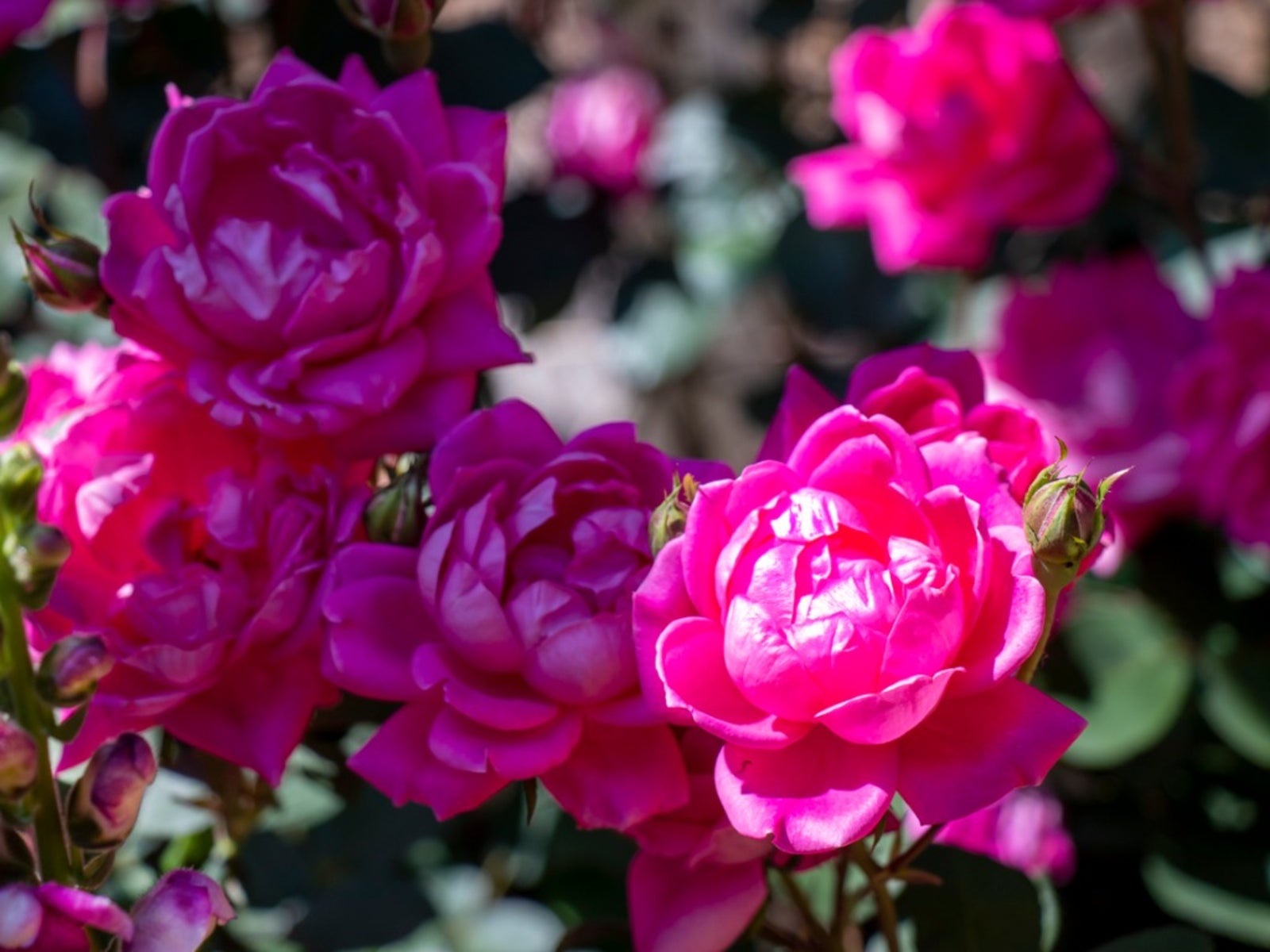 Spindly Knockout Roses: Pruning Knockout Roses That Have Gone Leggy
Spindly Knockout Roses: Pruning Knockout Roses That Have Gone LeggyKnockout roses have the reputation of being easy care plants. So, what if your knockout roses are spindly rather than full?
By Teo Spengler
-
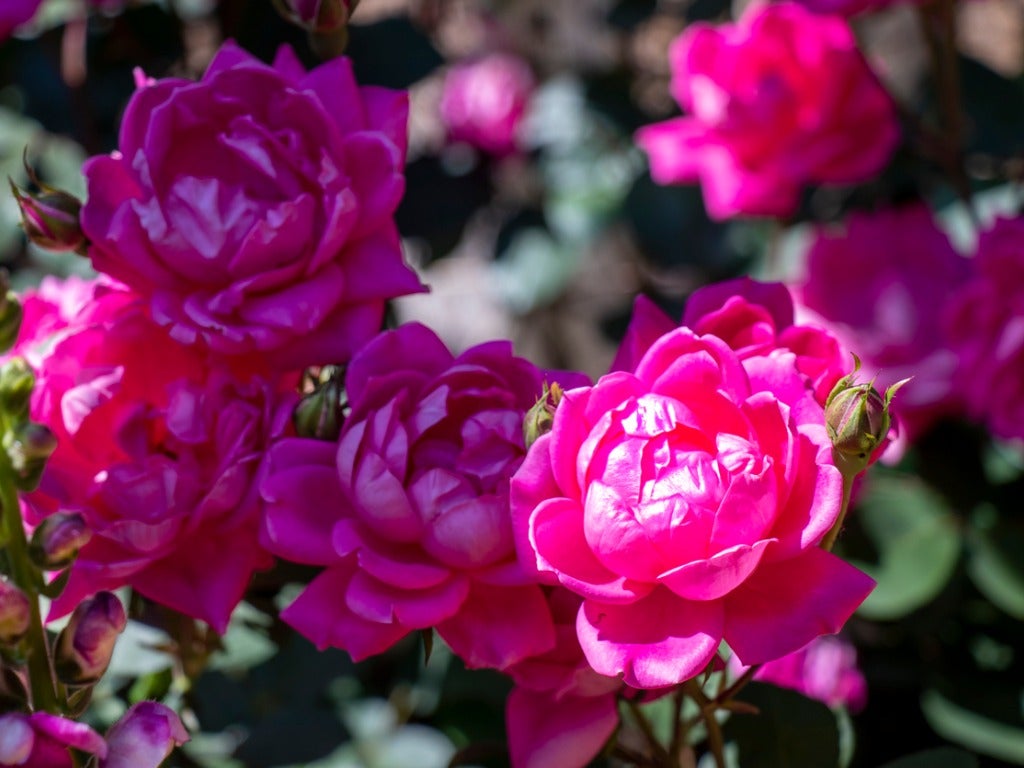 Brown Spots On Knockout Rose Bush: Reasons For Knockout Roses Turning Brown
Brown Spots On Knockout Rose Bush: Reasons For Knockout Roses Turning BrownThe knockout rose is quite beautiful, but knockouts with brown leaves can be concerning. Learn the reasons for this here.
By Tonya Barnett
-
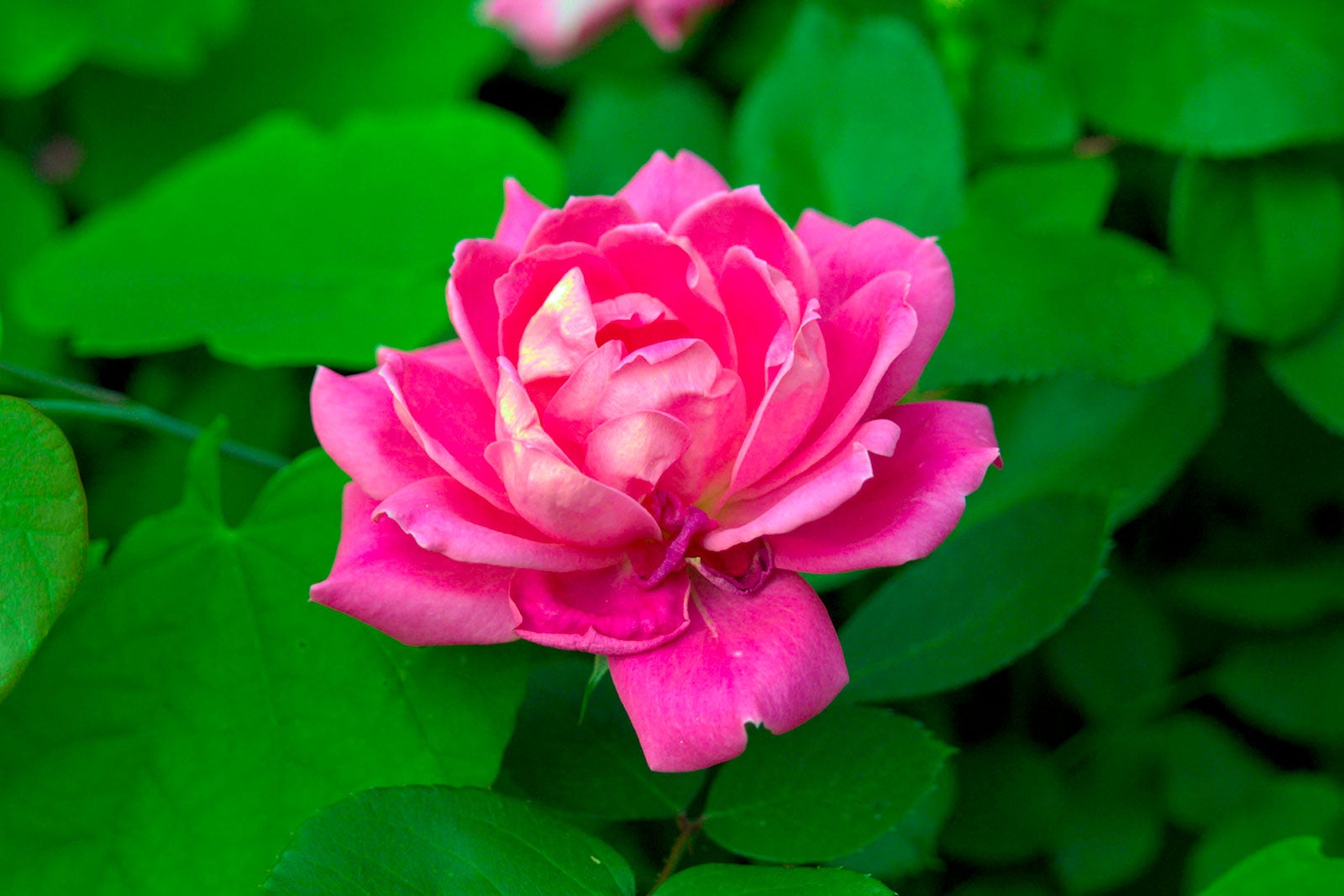 Potted Knock Out Rose Care: How To Grow Knock Out Roses In Containers
Potted Knock Out Rose Care: How To Grow Knock Out Roses In ContainersIt’s easy to understand why Knock Out roses are so popular. They’re easy care, disease resistant, and bloom all summer. Although they are often grown in the ground, container grown Knock Out roses do just as well. Learn how to grow Knock Out roses in containers here.
By Mary H. Dyer
-
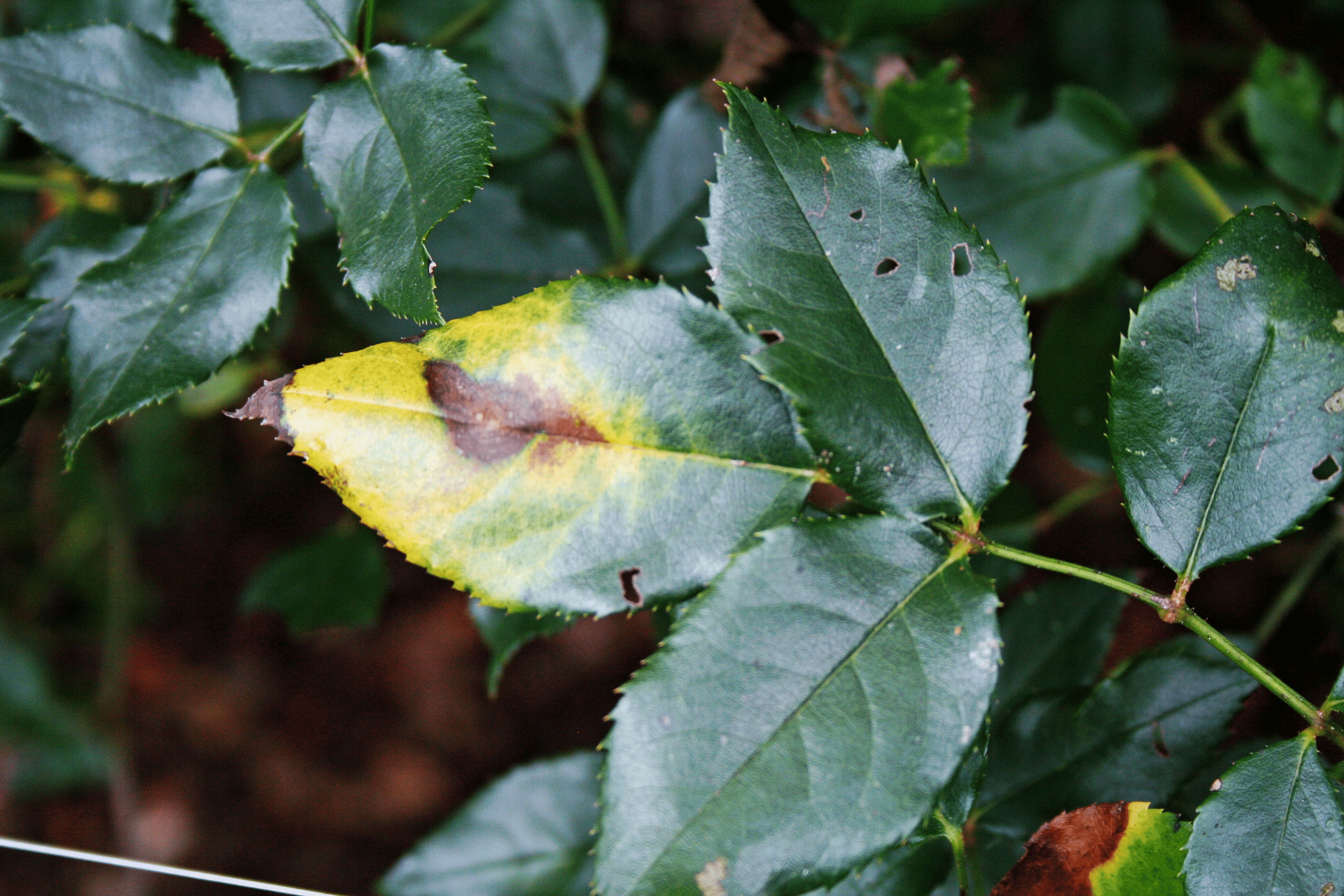 Yellow Knock Out Rose Leaves: What Makes Rose Leaves Turn Yellow
Yellow Knock Out Rose Leaves: What Makes Rose Leaves Turn YellowThe yellowing of leaves on a Knock Out rose bush can mean something is not right with its health and well-being. It can also be a normal occurrence for the bush. We need to check things out to determine which signal the rose is sending us. This article will help.
By Stan V. Griep
-
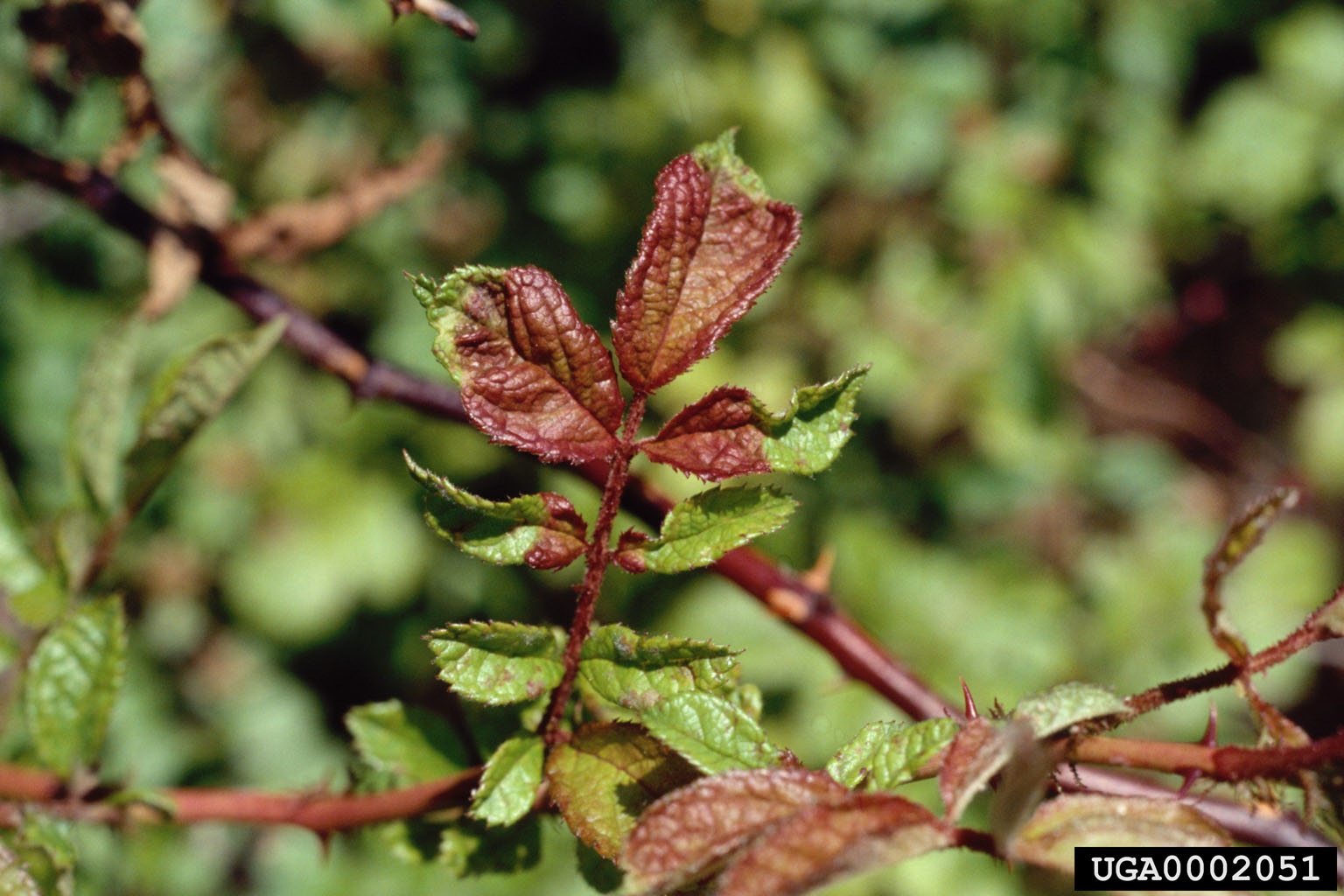 Why Do My Knock Out Rose Bushes Have Rose Rosette?
Why Do My Knock Out Rose Bushes Have Rose Rosette?There was a time when it appeared that Knock Out roses were immune to the Rose Rosette virus. However, this virus has been found in these roses for some time now. Learn more about what to do for Knock Out roses with Rose Rosette here.
By Stan V. Griep
-
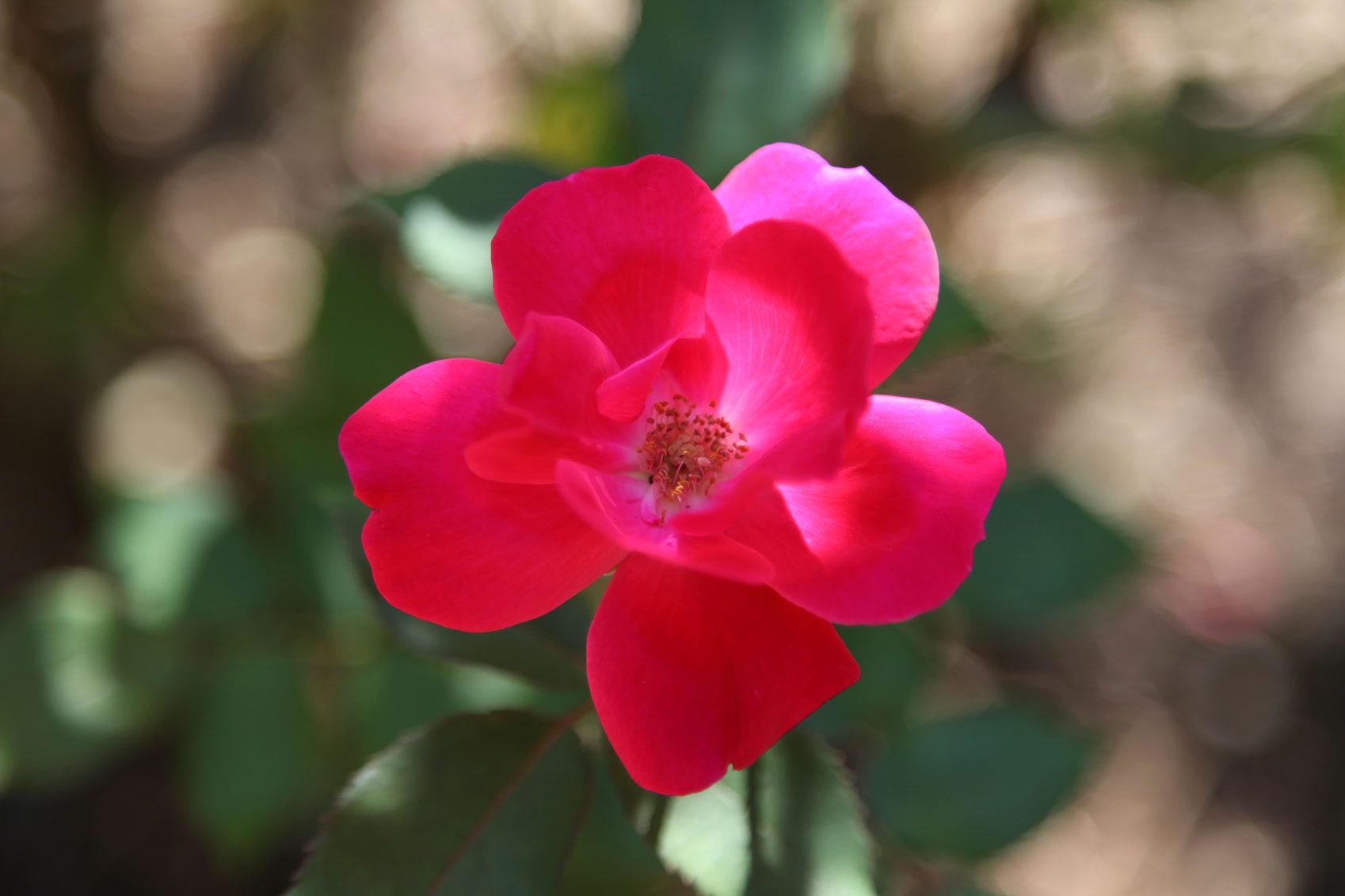 Common Knock Out Rose Problems: Diseases Of Knock Out Roses
Common Knock Out Rose Problems: Diseases Of Knock Out RosesKnock Out rose bushes are known for being disease resistant and nearly carefree. However, even these rose bushes can succumb to some of the same diseases that plaque other rose bushes. Learn more about these potential problems here.
By Stan V. Griep
-
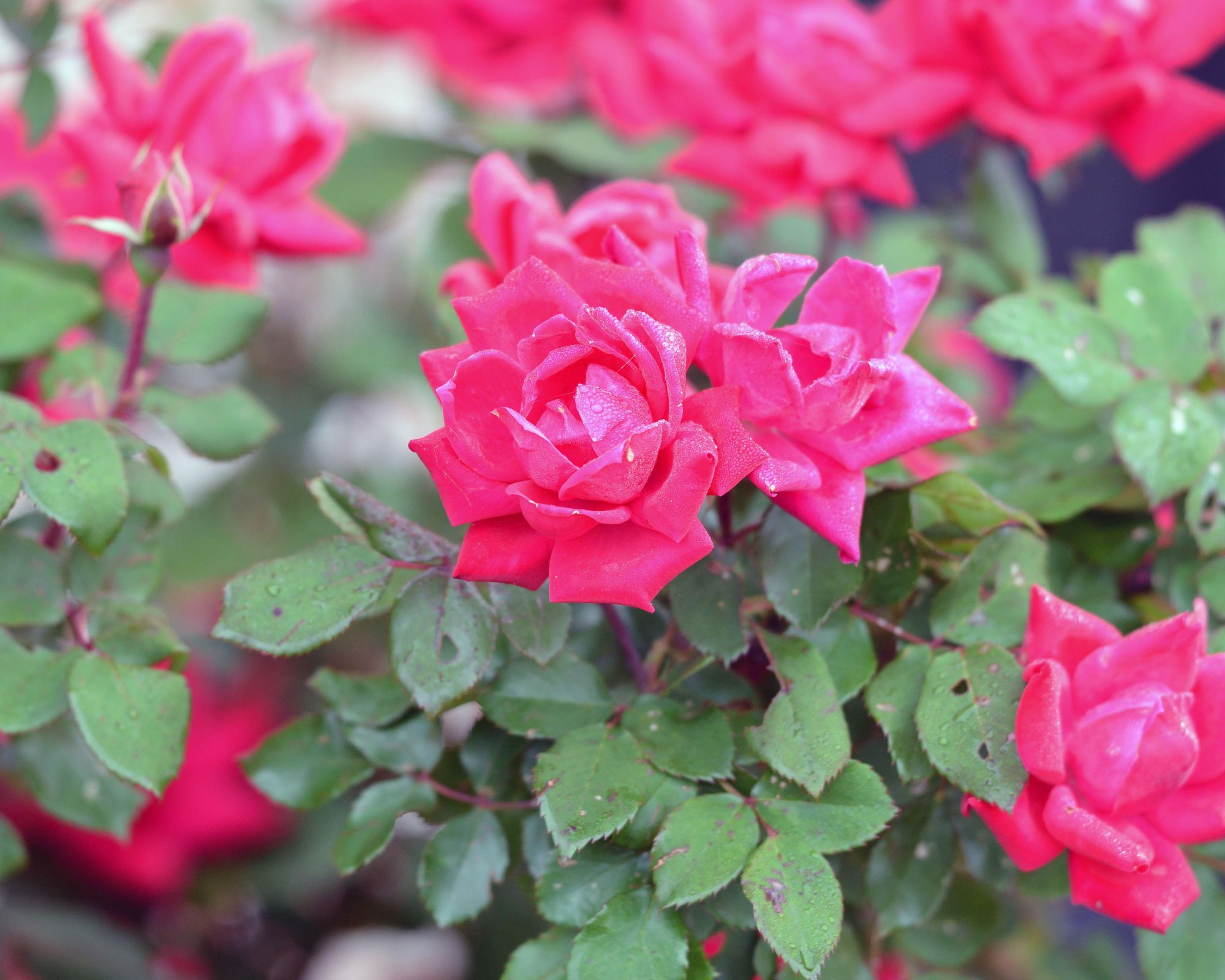 How To Prune Knock Out Roses
How To Prune Knock Out RosesOne thing to keep in mind about Knock Out rose bushes is that they are very quick growing. A common question is "do I need to prune Knock Out roses?" Read here to look at what goes into pruning Knock Out roses.
By Stan V. Griep
-
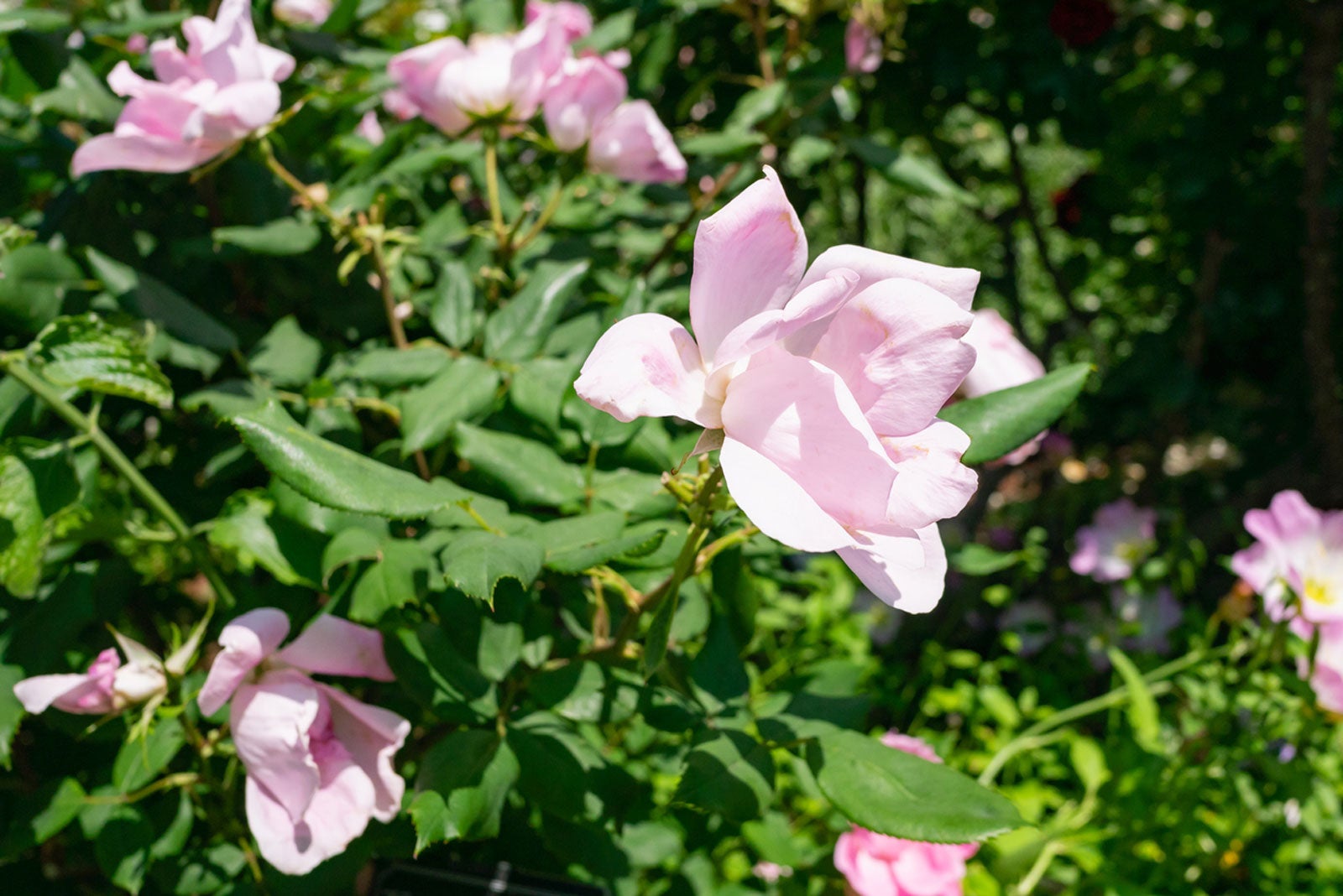 How To Take Care Of Knock Out Roses
How To Take Care Of Knock Out RosesThe Knock Out rose bush is one of the most popular roses in North America. Look at how to care for Knock Out roses in this article. Soon they will be just as popular in your garden.
By Stan V. Griep